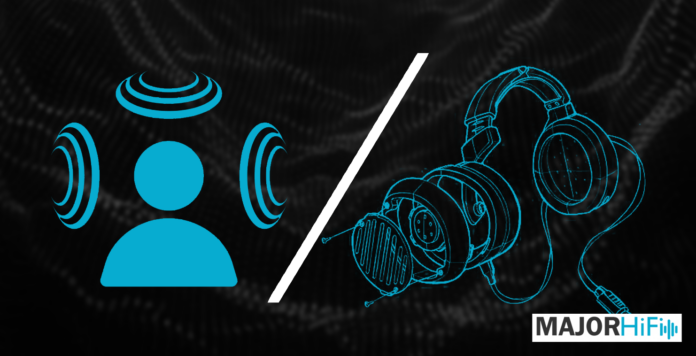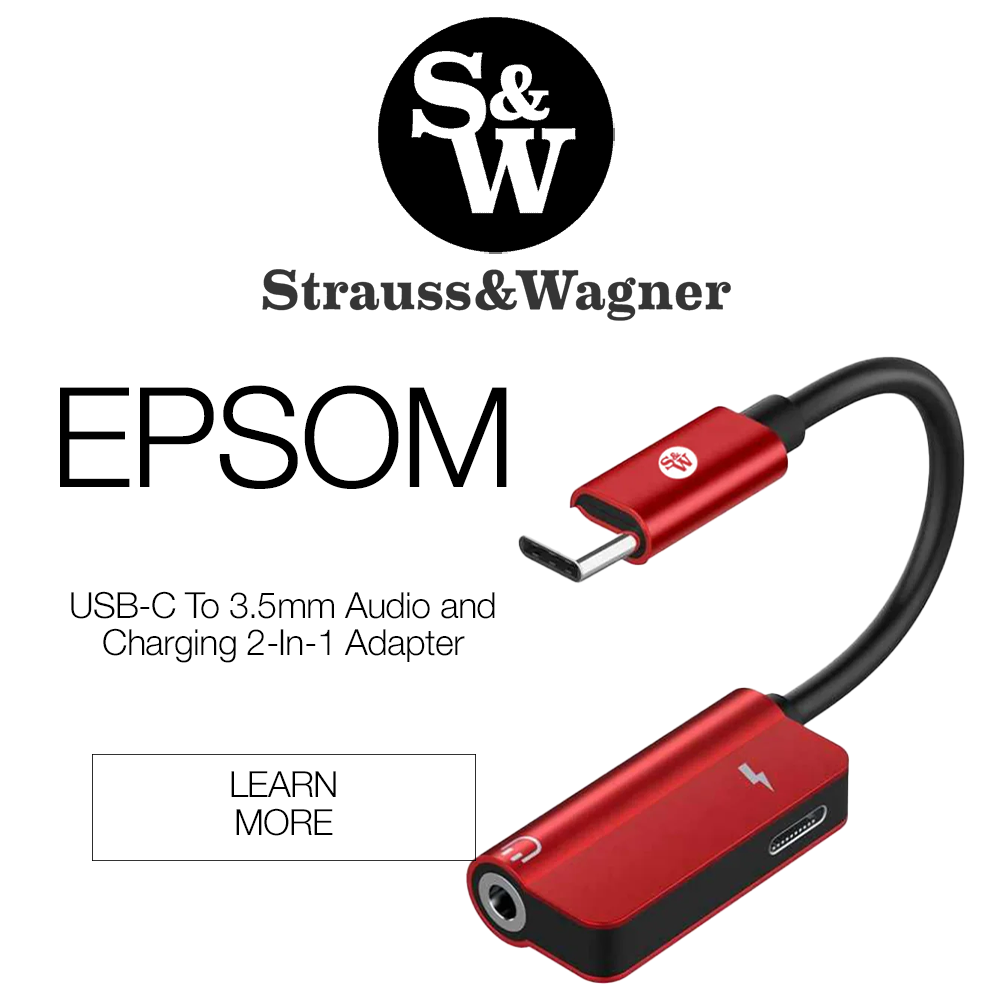As gaming technology advances, audio quality becomes increasingly essential for an immersive gaming experience. Headphones are often the best way to achieve that immersion and quality. Top brands like Sony and Audeze often feature immersive audio advancements in their headphone lines. However, audiophiles have been experiencing immersive audio long before this technology existed with open-back headphones. Over the years, I’ve seen lots of gamers transition from traditional gaming headphones to audiophile open-back headphones. Which one is ultimately better for gaming though?
What Are Spatial Audio Headphones?
Spatial audio headphones are designed to simulate a three-dimensional sound experience, making sounds appear to come from all around you. While most headphones have a two-channel stereo field, spatial headphones enact a virtual soundstage that acts more like a dome rather than a bi-directional signal.
Pros of Spatial Audio Headphones
This level of advanced audio processing is perfect for the busy sonic environments that most games feature. Diegetic sound design like environmental effects moves more freely around your headspace and can occupy more spaces that most stereo headphones can’t. Improved directionality is also a huge factor for competitive gaming, as you can pinpoint sound information like footsteps more distinctly.
Cons of Spatial Audio Headphones
While spatial audio headphones are compatible with most gaming systems including PC, you’ll find little use for them outside of gaming. You can listen to Dolby Atmos tracks, but the fidelity of the sound might feel inauthentic. The same can be said for game audio too, as the natural resolution of the sound is rarely conveyed. You can get close with headphones like the Audeze Maxwell, but tuning for wireless headphones is rarely on the same level as tuning for wired ones.
The Case For Open-Back Headphones
Open-back headphones are wired over-ear headphones with grilles on their cups. These grilles effectively leak sound outward and act more like speakers. This is meant to expand the soundstage and the potential for more detail. The performance is usually more natural and true to the original recording.
Video games benefit from open-back headphones greatly. The open principle of the headphones usually allows for better articulation from all the different parts of game audio, like sound, effects, music, and dialogue. You get a more open headspace that blossoms outward, with more accurately stacked layers. Better separation between these elements makes sound coming through open-back headphones more defined.
Spatial audio headphones give the sound dimension but only appear as a reflection of the original sound. Open-back headphones rely on accurate spatial imaging that never sacrifices resolution, and it sometimes leads to a more natural, holographic presentation that is similar to what you get from spatial audio headphones. I’ve seen a lot of streamers wearing open-back headphones like the Sennheiser HD 600 series and Audeze LCD series headphones.
Cons of Open-Back Headphones
One major setback to using open-back headphones for gaming is that they can get very expensive. A lot of them are made for audiophiles, who are willing to spend thousands of dollars for the top-end models. There are a few affordable open-back headphones like the HiFiMAN Sundara and HD 600 from Sennheiser that usually have a good sales price. Another downside that comes with though is drivability. Headphones like the HD 600 I mentioned need extra power from an amplifier to get it to a normal volume level.
Audio interfaces with 6.3mm headphone jacks work for HiFiMAN and Audeze headphones, but Sennheiser, Dan Clark, and Beyerdynamic headphones need extra power than most can provide. There are open-back headphones out there that are specifically made for gaming and are good places to start. The new Beyerdynamic MMX 330 Pro would be my first recommendation.
MAJORHIFI may receive commissions from retail offers.








